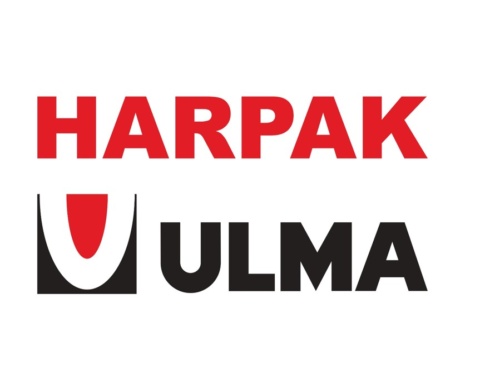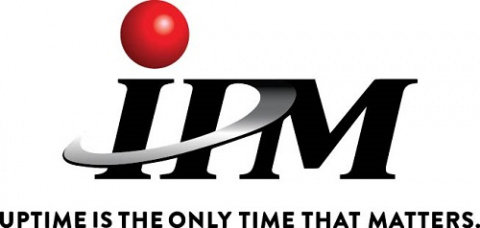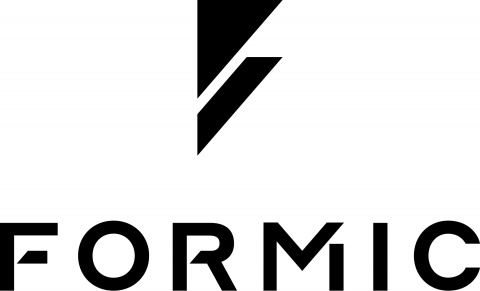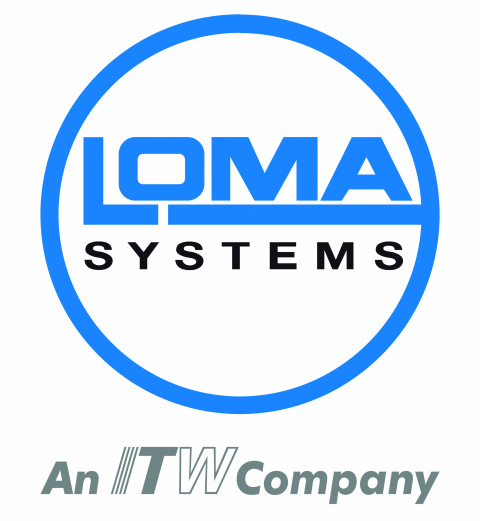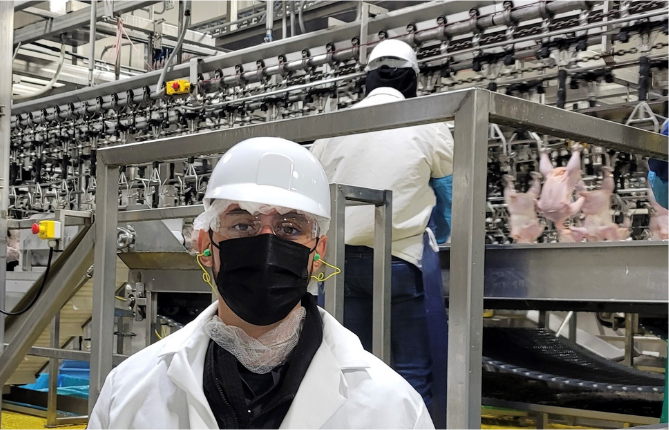
So this morning I read an article on the Food Manufacturing Magazine website that the FTC has ordered nine of the most prominent retailers, wholesalers and CPG firms in our industry to submit information on supply chain disruptions. The orders are going out to Walmart, Amazon, Kroger, C&S Wholesale Grocers, Associated Wholesale Grocers, McLane Co, Procter & Gamble, Tyson Foods, and Kraft Heinz.
According to the piece, “The orders require the companies to detail the primary factors disrupting their ability to obtain, transport and distribute their products; the impact these disruptions are having in terms of delayed and canceled orders, increased costs and prices; the products, suppliers and inputs most affected; and the steps the companies are taking to alleviate disruptions; and how they allocate products among their stores when they are in short supply.”
Now, by no means am I an expert in the operational issues of any of these companies but watching from the cheap seats I see one major problem that is likely a problem for all these companies contributing to the overall supply chain issue. And its an issue that I’m sure if any of them could solve quickly, they absolutely would. I’m talking about the workforce. Workforce recruitment, training, and retention. As I’ve written before, we could all see the demographic challenge that baby-boomer retirements were going to present to us and that was before a once in a century pandemic reared its ugly head. Now what do we do?
In the early months of the pandemic, we cut back on SKUs to make sure we could still supply the market with our most in-demand products. Others green lit automation projects to make sure they could get product out the door despite a reduced workforce. Many did both, while others just find a way to continue operations with the technology and labor they have in hopes of just getting through this period. But thanks to the baby-boomer retirements it’s possible, if not probable, that even once we get through COVID, these companies will never get back to “normal”. But we’re all working on it.
The best example I have of this is the Food Industry Technician (or FIT) certification program. This program was created to prepare future technicians for careers in the food & beverage Processing, Packaging and Equipment Manufacturing Industry. It’s also a way for current manufacturing workers to gain new skills and qualify for technician roles. I have written about the FIT Program before, but it has really gathered steam, especially this year, with leading CPG and OEMs stepping up to participate and hire the next generation workforce in their plants. The response to date has been so positive in fact that plans are underway to significantly expand the FIT campus at Lincoln Tech in Indianapolis to accommodate three times as many students. In the meantime, the FIT Program will be graduating its latest class of new technicians in the coming days, all of which are expected to field multiple job offers from eager perspective employers.
Obviously, this won’t solve the industry’s workforce issues all by itself, but it’s a start.
Andy Drennan, FPSA SVP



